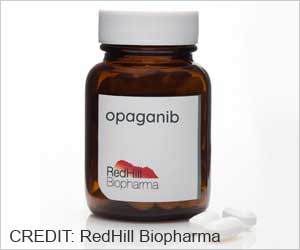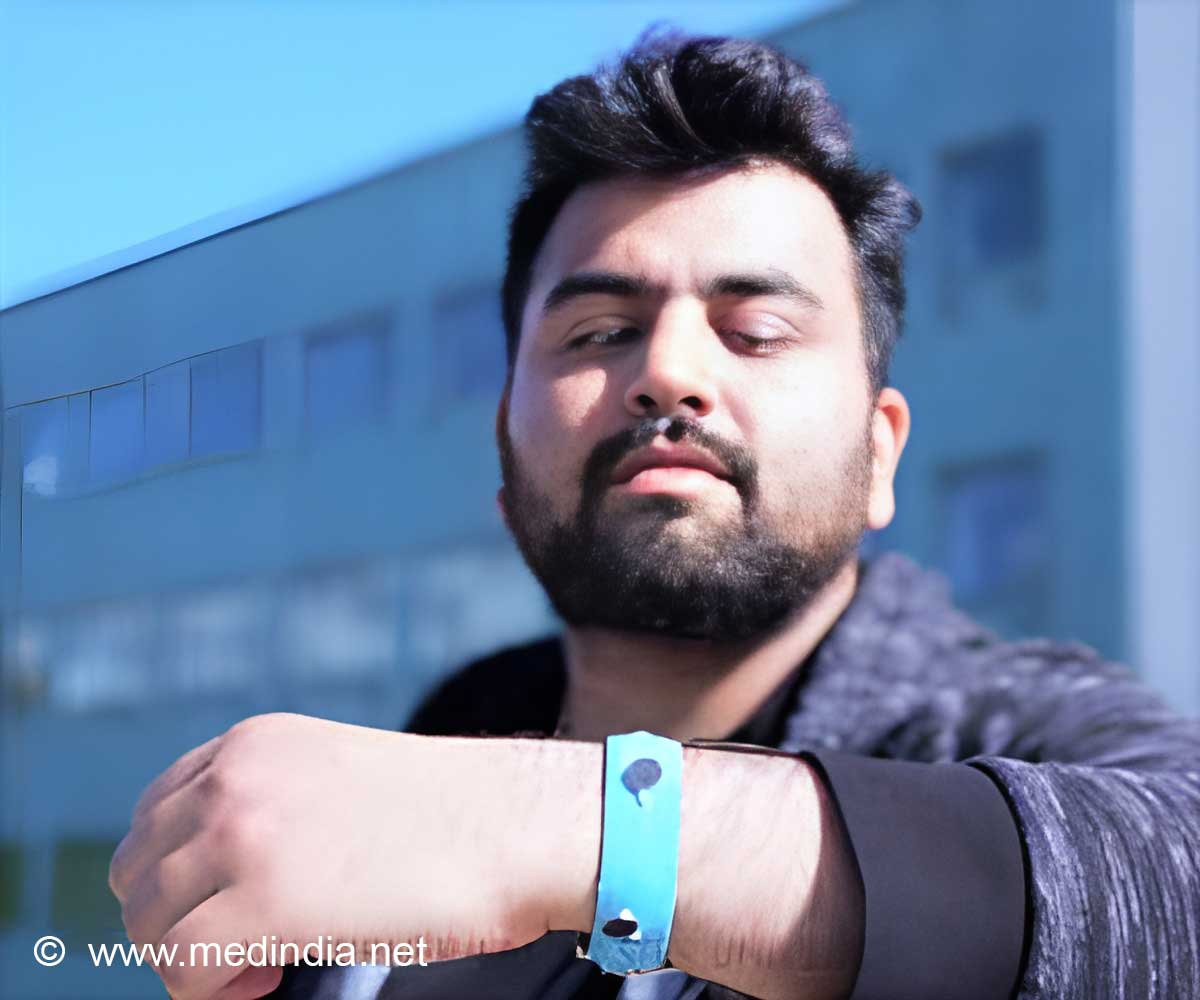“The need for an effective oral therapy to treat COVID-19 is clear. Such a therapy would greatly improve our ability to manage this pandemic,” said Kevin Winthrop, MD, MPH, Professor of Infectious Diseases at Oregon Health & Science University. He is the one who presented the findings at WMF.
Opaganib – The new antiviral
Opaganib is a new chemical entity that selectively inhibits sphingosine kinase-2 (SK2). This inhibition impairs the activities of SK2, including the immune-modulation and suppression of innate immune responses from T-cells.
As per the drug bank details, this drug has potential anticancer, anti-inflammatory, and antiviral activities.
This drug is a product of RedHill Biopharma Ltd., a specialty biopharmaceutical company. It demonstrated anti-SARS-CoV-2 activities in some studies.
Opaganib for COVID-19
A Phase 2/3 study of opaganib completed enrollment on 6th June 2021. A total of 475 patients with severe COVID-19 from ten countries were enrolled in the study.
The researchers planned to assess the outcomes such as need for supplemental oxygen by day 14, time of discharge, improvement of underlying conditions in accordance with the World Health Organization Ordinal Scale for Clinical Improvement, incidence of intubation, and death rate in the follow-up period of up to 6 weeks.
The current announcement by RedHill Pharma is from the results of post-hoc analyses of data from the 40-patient U.S. Phase 2 study.
Key findings of the analyses include (as per the original release by RedHill Biopharma),
50% of patients (22 participants) treated with opaganib reached room air by Day 14 regardless of whether the patients were receiving dexamethasone and/or remdesivir
compared to 22% (18 participants) in the placebo group.
86.4% of patients treated with opaganib were discharged from hospital by Day 14 compared to 55.6% of patients treated with placebo
The median time to discharge was 6 days for the opaganib group compared to 7.5 days for the placebo group
81.8% of opaganib patients achieved a 2-point improvement in the WHO Ordinal Scale in a median time of 6 days compared to 55.6% of patients in the placebo group who achieved it in a median time of 7.5 days
No significant differences in safety-related measures between the two groups (with diarrhea being the main treatment-emergent difference in tolerability)
“Opaganib acts on both the cause and effect of COVID-19 via a unique dual antiviral and anti-inflammatory mode of action. Being host-targeted, opaganib is also expected to maintain effect against the emerging SARS-CoV-2 variants, which continue to threaten the progress being made against the pandemic and underscore the urgent need for effective COVID-19 therapeutics,” added Mark L. Levitt, MD, Ph.D., Medical Director at RedHill.
Source: Medindia



